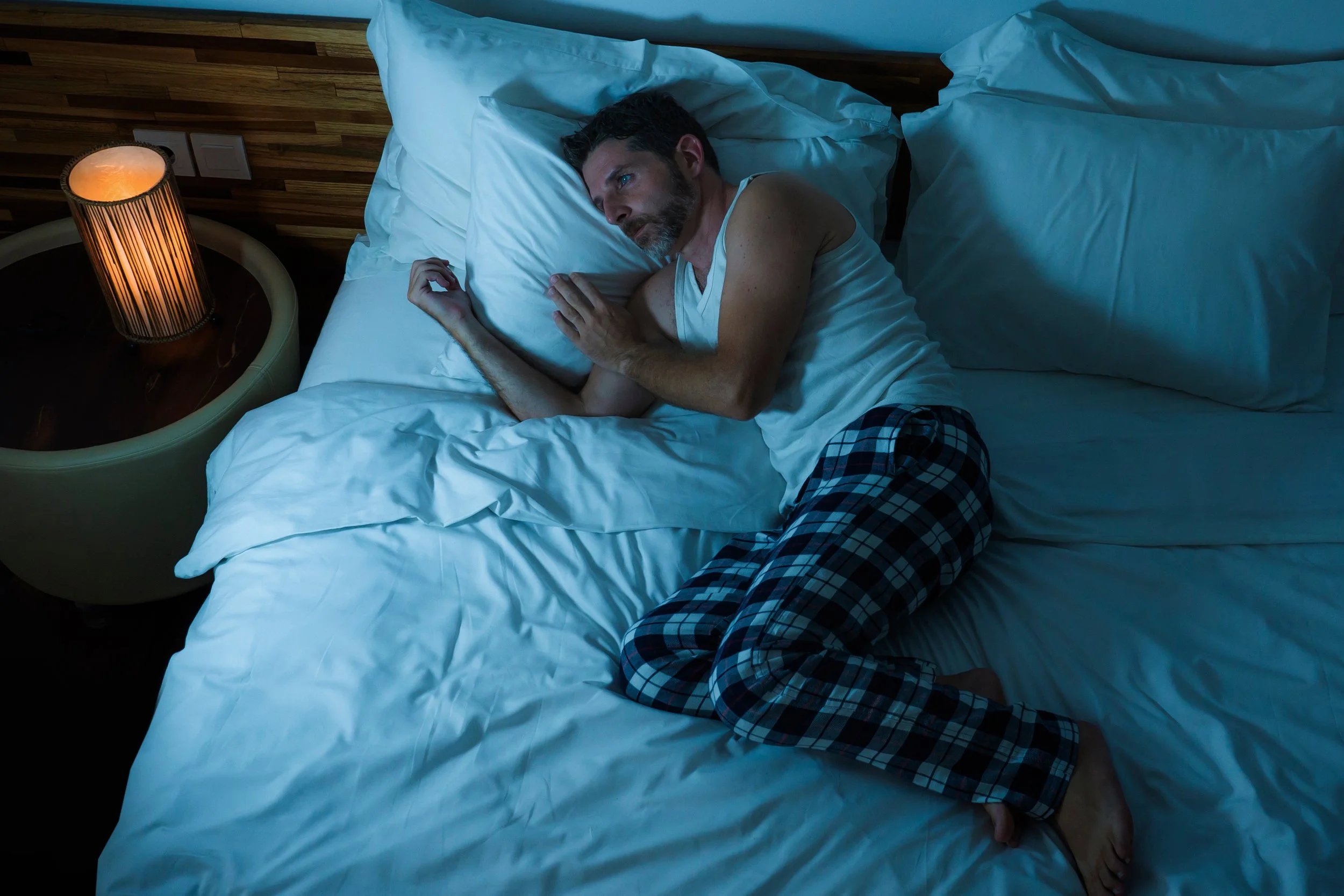IPBS can be a very frustrating, sometimes embarrassing, condition that seems to come and go in waves. For some patients, IBS symptoms can even disrupt sleep and cause insomnia. In this post, we’ll answer the following questions about IBS that we hear all the time: how can I calm my IBS at night, how do you sleep with an IBS flare-up, and why are my IBS symptoms worse at night?
Why IBS Can Be Worse at Night
If you’re like many of our patients here at the Colorectal Clinic of Tampa Bay, you’re probably wondering: why are my IBS symptoms worse at night? Unfortunately, the answer to this question can get quite complicated, especially on a case-by-case basis. Most people tend to eat their largest meal of the day in the evening; this causes digestion to occur as you’re going to sleep at bedtime. Bloating and stomach cramps, then, happen at night for this reason. Now, let’s answer the question how can I calm my IBS at night?
Preventing IBS Flare-Ups
Eat a Smaller Evening Meal
Large meals tend to put the digestive system into overdrive. The body may digest a larger meal at a quicker pace, resulting in less nutrition absorption. However, some patients find that a larger meal can actually take longer to digest. This is also a problem since food is technically fermentable inside the gut. Fermentation can cause excessive gas and stomach pain.
Avoid Trigger Foods, Especially at Night
There are many IBS triggers that might affect your IBS symptoms, but the most common ones are coffee, chocolate, tea, alcohol, carbonated beverages, and fried, fatty foods. If you avoid these triggers (in general), you will be less likely to have symptoms at night.
Drink Plenty of Water
You’ve probably heard many different variations of explanations that state why you need to drink plenty of water. We know it’s easier said than done, but if you keep up with an appropriate water intake, your bowels will thank you. You may want to look into getting yourself a water bottle that you enjoy drinking out of - the ones with markings for time are incredibly helpful.
Get Plenty of Fiber
Without bulk, stool tends to be inconsistent and unpredictable. In order to have regular, smooth bowel movements, your intestines need enough fiber to compact and move along waste. Remember to slowly increase your intake of fiber; quick increases can throw off your beneficial gut bacteria and cause bloating.
Exercise
Not only does movement help with digestion, but it also helps relieve stress and anxiety - a known confounding variable for individuals with IBS. Doing something as simple as walking after dinner may help you avoid nighttime IBS flare-ups.
Calming IBS Flare-Ups at Night
At some point, you’ll realize that your preventative measures weren’t sufficient. This will lead you to wonder: how do you sleep with an IBS flare-up? In these cases, you’ll need to enter a sort of damage control phase. Tips for managing your evening so that you can sleep include:
Taking pain medication to help with cramping
Taking a warm bath
Meditating
Reading a book
Aromatherapy
Listening to music or white noise
Need to Talk to an IBS Specialist?
If you think you might be struggling with IBS, but haven’t yet gotten a diagnosis, schedule an appointment with our colorectal specialists. In preparation for your visit with our doctors, it’s best to start your own food diary. This tool will help both you and your doctor determine your individual triggers and ensure that a proper treatment plan can be set up to get you feeling better!

